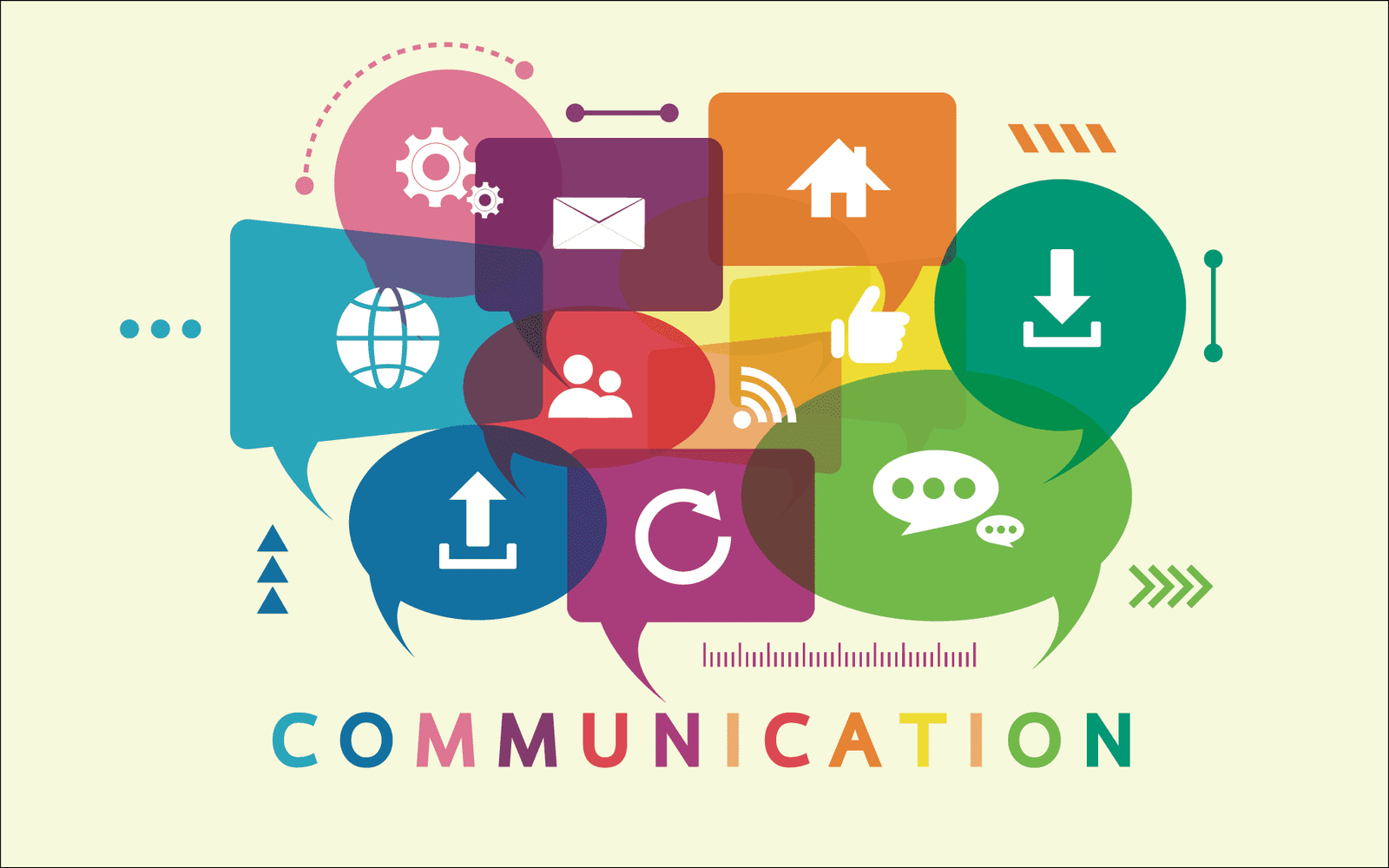In the quiet of early mornings, when the world seems to stand still just for a moment, I often find myself reflecting on the intricate tapestry of relationships that bind us all. It’s in these moments of solitude that I’m reminded of the importance of communication — not just within our families and communities but extending across the vast expanse to nations around the globe. Today, I’d like to draw your attention to a rather complex relationship, one that has seen its fair share of trials and tribulations: the communication channels between Washington and Tehran.
The landscape of international relations is fraught with complexities akin to those found in a family struggling to maintain harmony amidst differing viewpoints. Just as every family has its unique way of resolving conflicts without letting them escalate into irreparable rifts, nations too seek out back-channels and diplomatic avenues to navigate their disputes. The recent exchanges between the United States and Iran serve as a poignant illustration.
Following retaliatory strikes that could have easily escalated into open conflict, there emerges an intriguing question: Are there unseen threads connecting Tehran and Washington? Threads woven not in public forums but through discreet dialogues aimed at preventing full-scale confrontation?
To understand this dynamic better, let’s consider an analogy from within our own lives. Think about a time when you’ve had a disagreement with someone close to you — perhaps it was over something significant or maybe it was trivial. In many cases, direct confrontation might seem like the most straightforward approach but often leads only to further discord. Instead, many find solace in seeking counsel from mutual friends or mediators who help bridge gaps through understanding and empathy.
This scenario mirrors what we observe on the global stage between nations such as Iran and the U.S., where back-channel discussions act as these mediators. These are not merely diplomatic formalities but essential lifelines that keep dialogue open even when public rhetoric becomes heated.
Historically speaking, back-channels have played crucial roles in easing tensions during some of history’s most volatile moments. They allow for flexibility away from public scrutiny; they enable negotiators on both sides to explore solutions without fear of political backlash.
But why should this matter to us? Why should we care about these distant negotiations happening behind closed doors?
Because at its core, this is about preserving peace — ensuring that despite differences, channels remain open for dialogue and resolution. It’s about recognizing our shared humanity; understanding that beneath political agendas lie people with hopes much like ours for stability, safety, and prosperity.
As members of global society deeply invested in fostering strong family values within our communities — values such as respect for others’ perspectives regardless how different they may be from ours — it behooves us also support efforts towards maintaining peace beyond our immediate surroundings.
We must advocate policies encouraging diplomatic engagement because ultimately what’s at stake isn’t just national security interests; it’s human lives—families living under threat uncertainty due constant geopolitical strife.
So let us champion those unsung heroes working tirelessly behind scenes ensure lines communication remain open even darkest times Because end day whether dealing disagreements home front international arena key lies finding common ground through empathetic constructive dialogue
In conclusion while actions taken by governments can sometimes feel distant disconnected from daily life remind ourselves interconnectedness world today More than ever need embrace empathy understanding both personal interactions wider realm international diplomacy Together can build foundation upon which lasting peace achieved

Leave a Reply